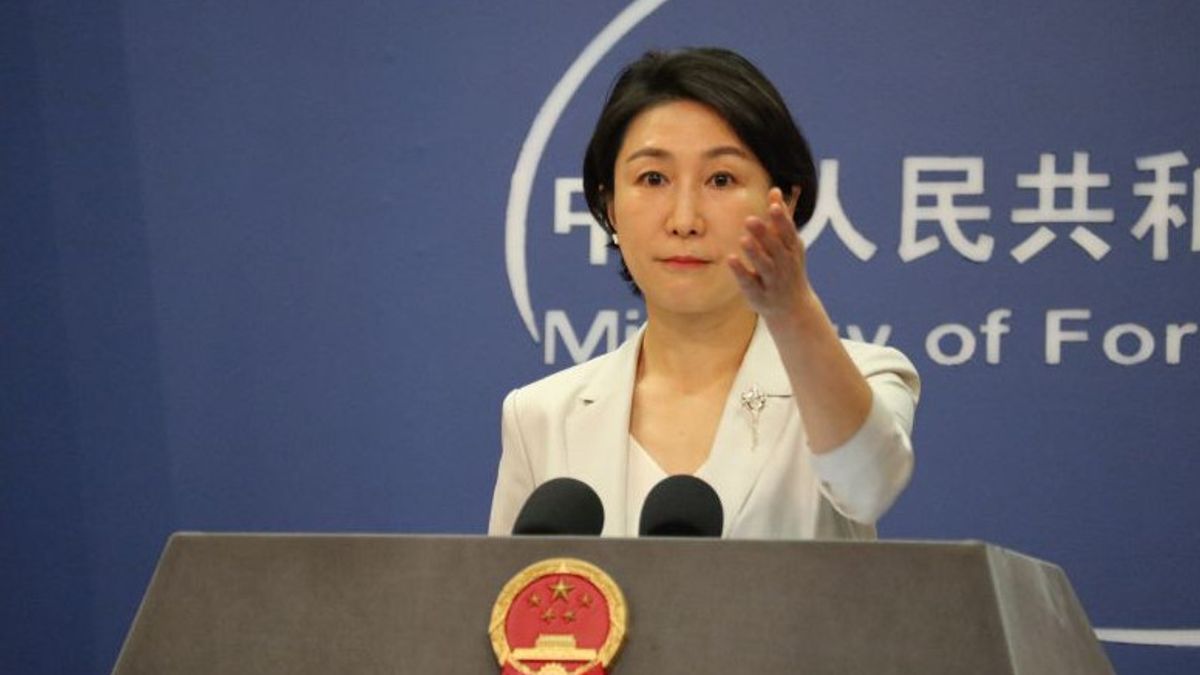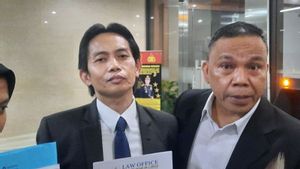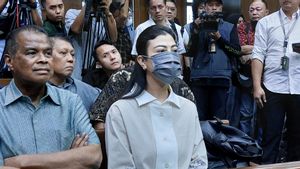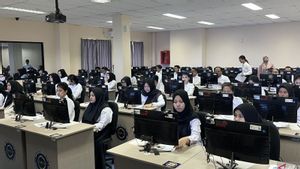JAKARTA - China hopes that both South Korea and North Korea can exercise restraint after South Korean President Yoon Suk Yeol stated the country fully suspends military agreements in 2018.
"We hope related parties remain cool-headed and restrained, remain cautious, and play a constructive role in ensuring peace and stability on the Korean Peninsula," Chinese Foreign Ministry spokesman Mao Ning said at a news conference in Beijing.
The Cabinet Council and South Korean President Yoon Suk Yeol on Tuesday (4/6) suspended all military agreements over a reduced military tension on the front lines signed on September 19, 2018, with North Korea.
The suspension was carried out in the aftermath of shipments of about 1,000 garbage balloons from North Korea containing cigarette butts, animal droppings, to pieces of used cloth last week and also spurring South Korean GPS signals in the Yellow Sea off the west coast of the Korean Peninsula since late May 2024.
"Strengthening peace and stability on the Korean Peninsula is of common interest to all parties. In the last few months, tensions have continued on the Korean Peninsula and increased hostilities and confrontations among related parties," said Mao Ning.
China, said Mao Ning, is concerned about the development and is committed to maintaining peace and stability on the Korean Peninsula.
"We also support related parties to improve relations through dialogue and oppose any words or actions that increase tensions," added Mao Ning.
As a result of the suspension, South Korea was able to continue firing exercises to improve frontline defense. Currently, each unit is allowed to draw up training plans near the Military Demarcation Line and South Korean islands on the northwestern border.
The suspension also allowed South Korea to restart a propaganda campaign with loudspeakers along the border with North Korea. South Korea has previously used a campaign with loudspeakers in retaliation for what North Korea considers a serious provocation.
SEE ALSO:
The campaign with loudspeakers was considered a psychological war tactic from the 1950-1953 Korean War. The campaign was last conducted in 2016, after Pyongyang conducted its fourth nuclear test but stopped a few days before the inter-Korean summit in 2018.
Pyongyang said the balloons to South Korea were retaliation for a similar mission sent north by South Korean activists for sending about 2,000 USB flash drives containing songs by South Korean trot singer Lim Young-woong, as well as K-pop music and K-drama series through balloons to North Korea on May 10.
Pyongyang is known to enact a law in 2020 that will allow the government to punish anyone who owns or distributes large amounts of media content from South Korea with life imprisonment or even the death penalty.
The English, Chinese, Japanese, Arabic, and French versions are automatically generated by the AI. So there may still be inaccuracies in translating, please always see Indonesian as our main language. (system supported by DigitalSiber.id)

















